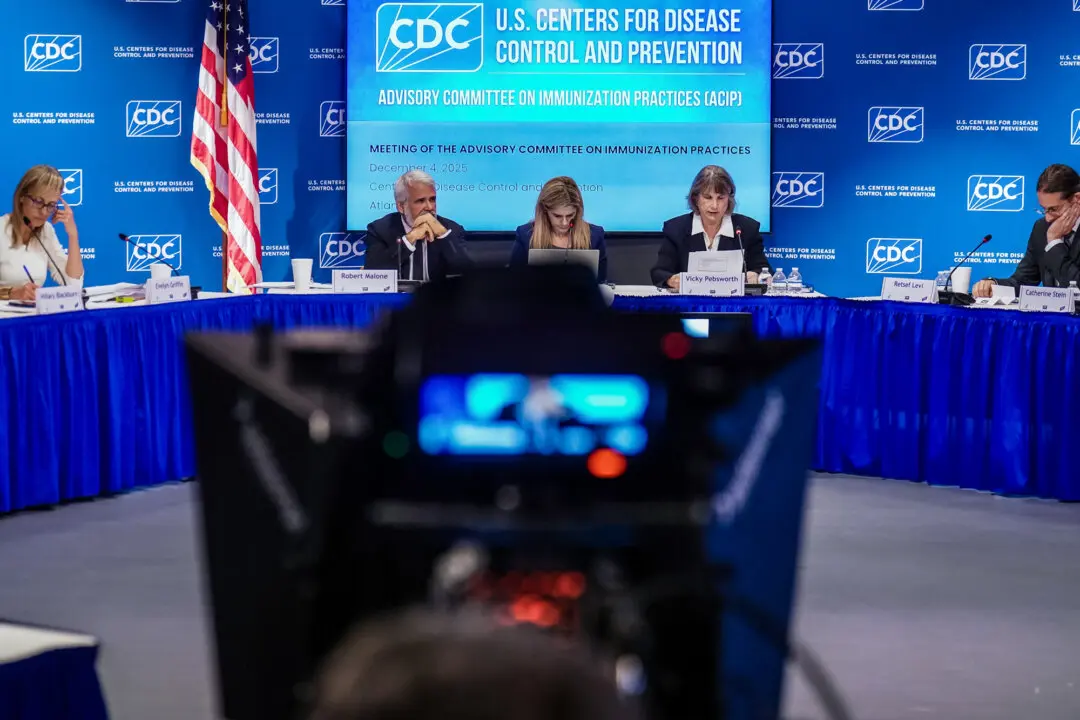Food and Drug Administration (FDA) officials have proposed a future model for developing new COVID-19 vaccines that would be built on the approach to creating influenza vaccines.
Accumulating data suggest the current COVID-19 vaccines, based on a virus strain that is now generations old, “may need to be updated at some point to ensure the high level of efficacy demonstrated in the early vaccine clinical trials,” the FDA said.






